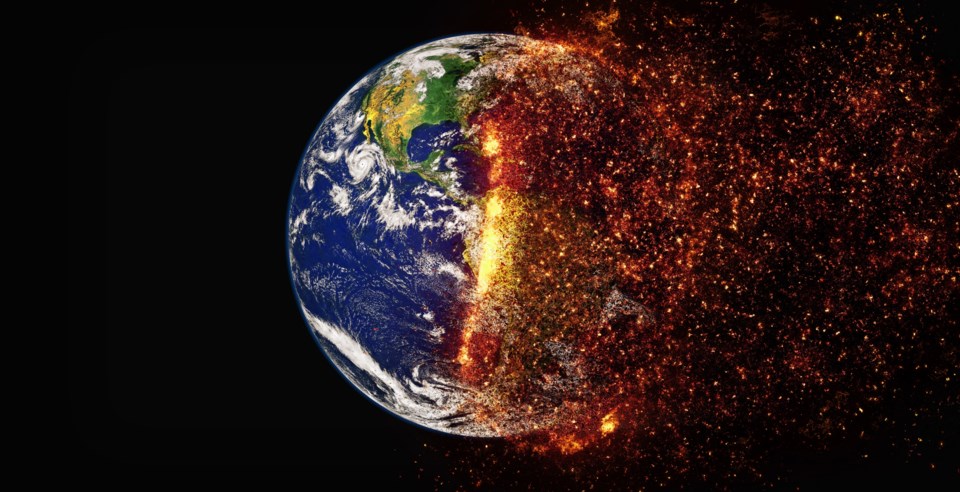One day I am grabbing a light windbreaker with a Nike check embedded on the left side of the color periwinkle and I am out the door. The very next day I am making sure to pick out a wool jacket because it is a bit nippy. I'd argue it's a bit more than nippy but I don't have time to debate with myself whether I'm delusional or if my ability to regulate my body heat is just off. Then I step outside and realize that the same neighbor I complimented on in the spaghetti strap tank is now wearing a cashmere sweater. I can't be the only one having these internal debates, this can not be normal. It almost feels like my mind is playing tricks on me. So what is the deal with this climate change, and what more other than internal debates is it bringing with it? The truth is if we do not make changes in how we treat the planet, we will all see the effect of climate change on our mental health.
As a born and raised Brooklyn girl, I will argue anyone down that New York is the best state to live in. I'm not sure, but ever since I've been 13, seasonal depression has been getting worse. I often felt like as soon as September came around I lost all interest. As soon as the Vitamin D from the sun was non-existent, I began to find less reasons to get out of my bed. Then my birthday comes in May, and I start to get my groove back.
Now this is just seasonal and pretty predictable. Research has shown there is more to seasonal depression than the "winter blues." The symptoms might make it difficult to go about regular tasks and can be extremely upsetting and overwhelming. Seasonal depression affects approximately 5% of adults in America and usually lasts for roughly 40% of the year. Seasonal depression prevalence varies with age, sex and geographic latitude. When climate change is factored in, your hormones are out of order.
It can be extremely traumatic to experience a severe weather event, such as a storm, wildfire, flood or drought. People who face devastation, loss and displacement may develop anxiety, despair, post-traumatic stress disorder (PTSD), suicidal thoughts, and other mental health issues as a result of their experiences. What happens if these individuals do not have access to healthcare? These individuals will suffer from the cost of something we can all make changes towards.
Climate change is caused by greenhouse gas (GHG) emissions from the burning of fossil fuels. Dramatically reducing our use of fossil fuels is the most critical thing we can do to fight climate change. According to the United Nations, almost 75% of the emissions causing global warming are induced by burning coal, oil and natural gas in our buildings, industrial operations and transportation. The use of dirty energy has unacceptable effects on the environment and public health, in addition to changing the climate.
New York is trying to mitigate climate change and reduce air pollution by enhancing energy efficiency, generating renewable energy, procure zero-emission school buses, diminish urban heat islands, and save nature to absorb carbon and lessen methane emissions. There are policies like the Climate Act, where New York must cut its overall GHG emissions from 1990 levels by 40% by 2030 and 85% by 2050.
New York City knows what it's like to deal with disaster, but as climate change moves swiftly, we need to take action right away to safeguard present and future generations. This calls for a closer examination of the routines we have adopted in the past in order to mitigate the effects of climate change. There are already enough stressors in the world. Why does climate change have to be one, too?
Akira Beharie is a Brooklyn resident and a Health Policy and Management graduate student at the SUNY Downstate Health Sciences University.




